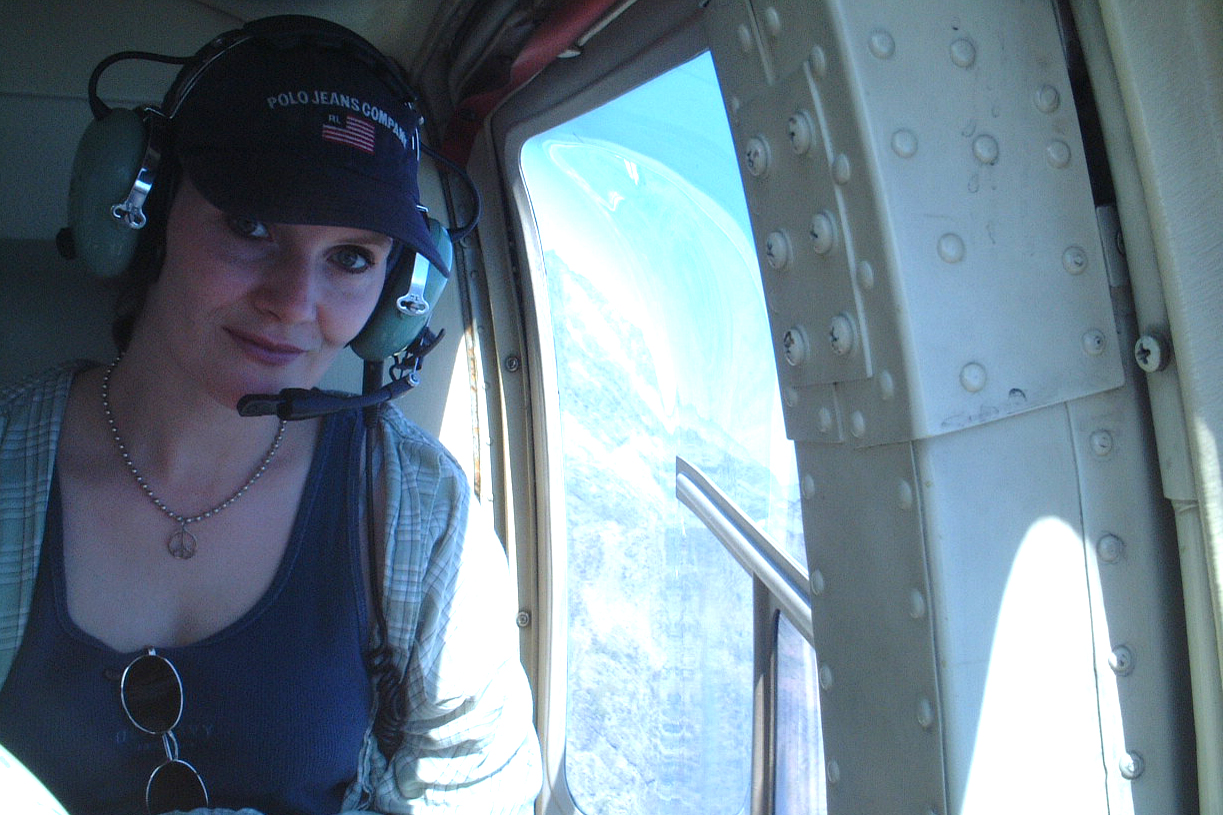by Cynthia Clampitt

Quotation marks and apostrophes: what do they mean? It may seem absolutely clear to you, but it’s obvious that a lot of society is losing the concepts. In fact, in the general population, things seem to be spiraling out of control.
Quotation marks seem to be popping up with stunning and usually inappropriate frequency these days. They’re for quotations: for setting off words that were said or written by other people. Or, if you’re writing dialogue, they set off words said by characters. They are not meant to simply add emphasis.
Of course, as with most things, it’s a little more complicated than that. Instead of quoting a specific speaker, you may be quoting a vague and undefined entity—popular opinion or common usage. But the idea is that you’re relating what someone else has said or written, in contrast to what you are writing.
This second form of usage can create irony or sarcasm—you’re quoting an unnamed source to show that you are not willing to take credit for something. For example, when speaking of the “cream” served with coffee, you might use quotation marks to note that you don’t think it’s real cream, and may even know for certain that it’s not real, but someone has identified it as such. There, the quotation marks are saying, “someone said it’s cream, but I’m not saying it.” The quotation marks alert people to the fact that it’s not your idea or it’s not something you’re saying is true, and actually suggests pretty strongly that you think it’s not true.
However, in recent years, I’ve seen an explosion of signs, menus, magazine ads, product packaging, and other writing for public consumption, where the use of quotation marks borders on the incomprehensible. It has actually become difficult to find a menu that doesn’t have masses of inappropriate quotation mark usage—though generally, the fancier the restaurant and the higher the price tag, the crazier the usage of quotation marks. What is one to make of a menu that lists something like this: “Fresh” Vegetables in “Butter” Sauce “French” style. Or one might come across a packaged food that claims to contain “real” cheese. So what are they really using, if it’s not real? Or who is claiming it’s cheese?
On the whole, only words being quoted get quotation marks. However, there are a few other places they can be used and not be goofy. Among the few other correct uses of quotation marks is when you are defining a word, because you are in essence showing what the word says. For example: extol means “praise highly.”
Apostrophes are suffering a similarly misguided fate. I think most of us have seen the school buses with the signs that say “Driver’s Wanted”? I think most editors will recognize right away that the sign has made “driver” possessive, while it meant to make it plural. However, obviously someone doesn’t get it—and this is not the only way one can go wrong with apostrophes.
The apostrophe has two basic uses: making things possessive and showing where things have been left out.
I think most people get the idea about ‘s to make a noun (but never a pronoun) possessive. Singular nouns get ‘s: the teacher’s, the dog’s, James’s, Mr. Jones’s. Note that a singular noun ending in “s” still gets an ‘s. A plural noun that does not end in an s also gets an ‘s: women’s, children’s, geese’s. Plurals that end with an “s” just get the apostrophe: girls’, footballs’, churches’. About the only exceptions are some ancient names: Isis’, Moses’, Jesus’. These have traditionally been made possessive without the additional “s.”
The only exceptions to the rule about never using an apostrophe for a plural is when single letters are made plural that might look like words without an apostrophe. So if you’re talking about X, the plural is Xs, but if you’re talking about A or I, you’d put A’s or I’s, because As and Is are words, and would therefore be confusing.
Pronouns are never made possessive by means of an apostrophe. You just add the “s”: hers, ours, yours, its. If it’s a pronoun and there is an apostrophe, it’s a contraction.
As for replacing things that are left out, again, I think a lot of folks get the general concept, but there is one recurring error that makes it clear that the concept is a bit vague for some, and that is the reduction of and to n. It’s ‘n’—not ‘n or n’. The apostrophe replaces what is missing, and with and, since both the a and d are gone, you need an apostrophe on both ends.
For dates, if you’re leaving off the century, an apostrophe is used: ’01 or the ‘90s. With ‘tis, the initial i of “it is” is replaces, while in it’s, it’s the central i. (And remember —no pronoun is made possessive with an apostrophe, so its is the possessive, and it’s is the contraction of it is.) An apostrophe can represent more than one missing character— nat’l for national, for example.
An important application of using apostrophes to notify readers of missing characters is in dialogue. It is virtually impossible to reproduce colloquial speech without a solid understanding of where the apostrophes go. So this isn’t just information for newspaper reporters or sign painters.
So watch those marks. The way you use them may be saying more than you think they are.
BIO: Contributor Cynthia Clampitt is a freelance writer, food historian, and traveler. She loves history, geography, culture, literature, and language—and the place where all of these intersect. She is the author of the award-winning travel narrative, Waltzing Australia, and keeps two blogs, http://www.theworldsfare.org and http://www.waltzingaustralia.com.




